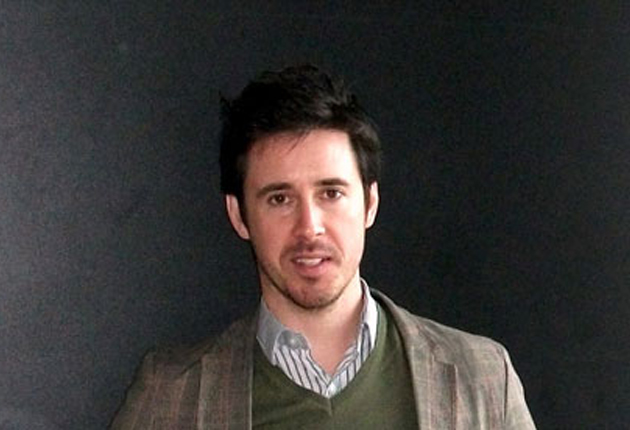Creative Industries and the ECOC projects
Tom Fleming
We are for example working in a small city in northern Portugal called Guimarães. Guimarães is going to be the European Capital of Culture in 2012. In this historical city they could have very easily said to themselves: „Ok, let’s just have a nice cultutal programme with a few festivals, some music and a few big name artists coming in.“ But they recognized that this would just be a party for a year. So supporting the creative industries became a core part of their programme. They support people working in various parts of the economy to work together, for example people in tourism to work with people in design. in order to have a different kind of integrated creative economy developing. I think that this is perhaps a way for other European Capitals of Culture. You can either do something that is temporary, or do something that sticks and developes in the future. No matter how big the city, creative industries can play a really big role, economically, for the city during the year.
Related fights
- Glasgow 1990
- Pros & Cons of culture-speak
- Liverpool 2008
- Maribor as European Capital of Culture
- Rotterdam 2001
- Challenges of Liverpool 2008
- ECOC projects - Opportunities and expectations
- Impacts of Graz 2003
- Creative Industries and the ECOC projects
- ECOC project vs future development of the city
- Creative industries as a part of the ECOC project
- Way you manage expectations of people
- Aarhus 2017
- ECOC or Marketing Cities in Europe?
- Tallinn 2011
- Positive thing about Tallinn 2011
- NOASS participated in Riga 2014
- Riga 2014
More fights by Tom Fleming
- Concept of Creative Industries
- East London as a creative cluster
- East London festivals
- Supporting the growth of Creative Industries
- Two pillars of good policy
- Pressure of gentrification
- Role of the Tower Hamlets local authority
- Role of the UK Government
- Creative Industries and the financial crisis
- Creative Industries and the ECOC projects
- Large cities vs Smaller towns

Tom Fleming
Director of Tom Fleming Creative Consultancy in East London, United Kingdom
Full biography